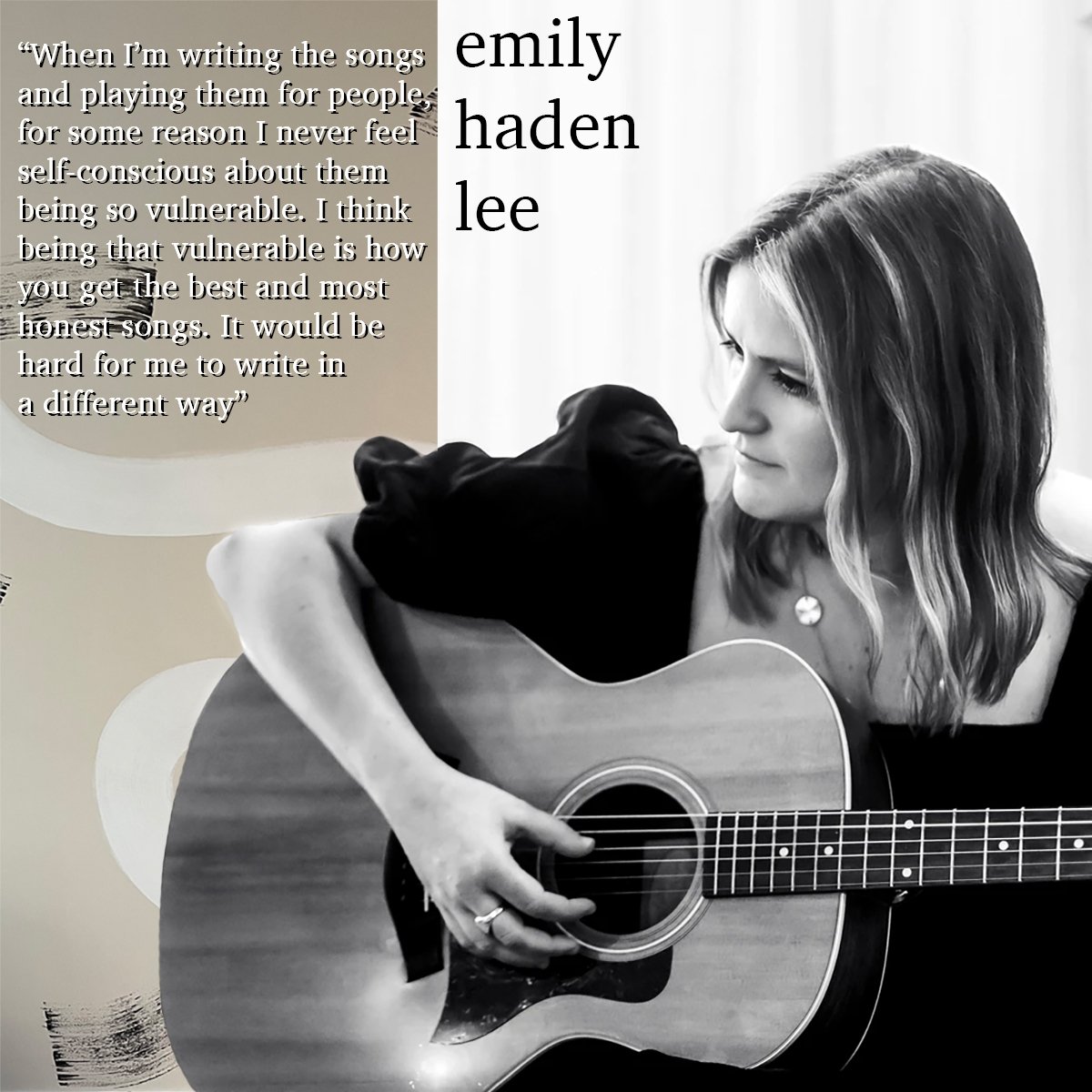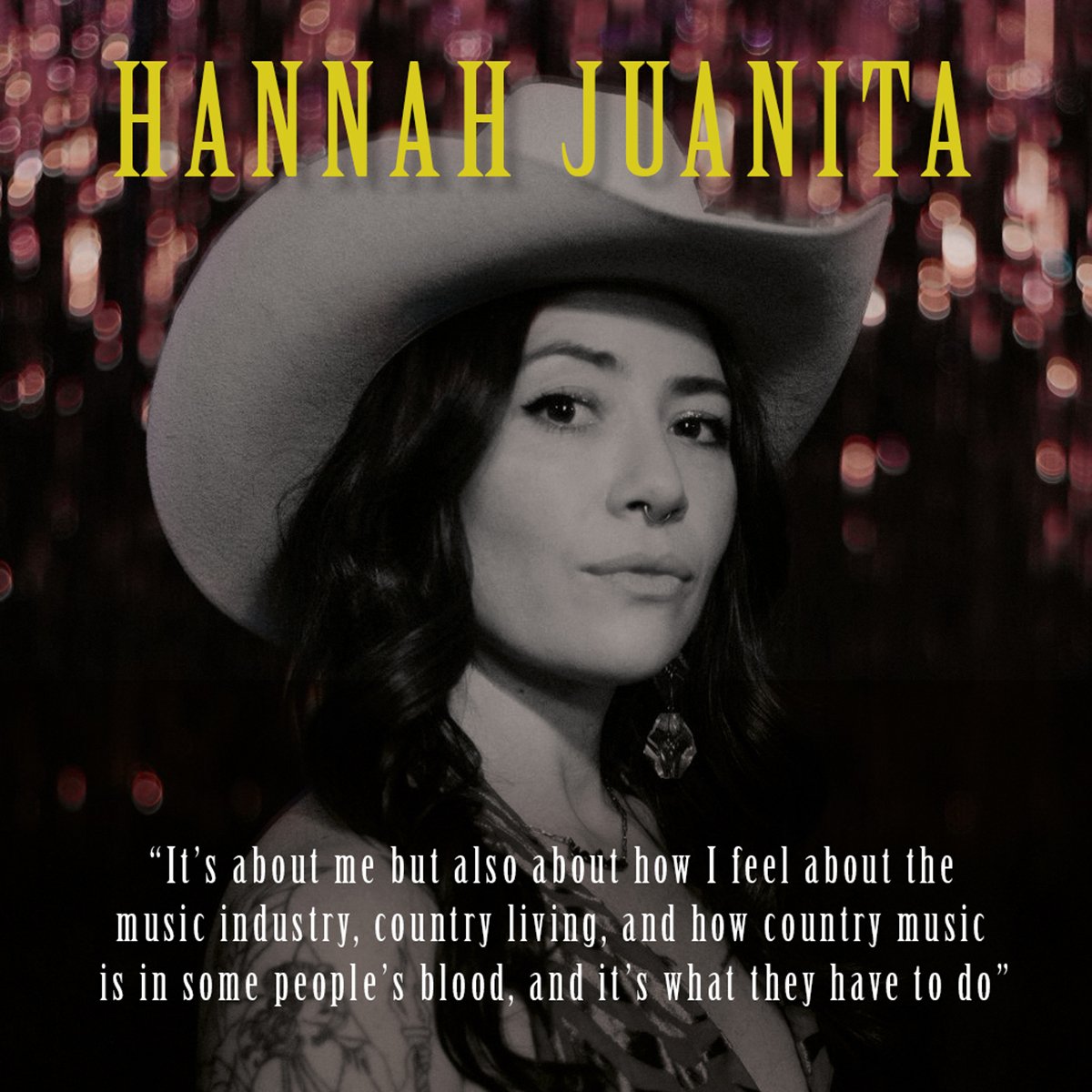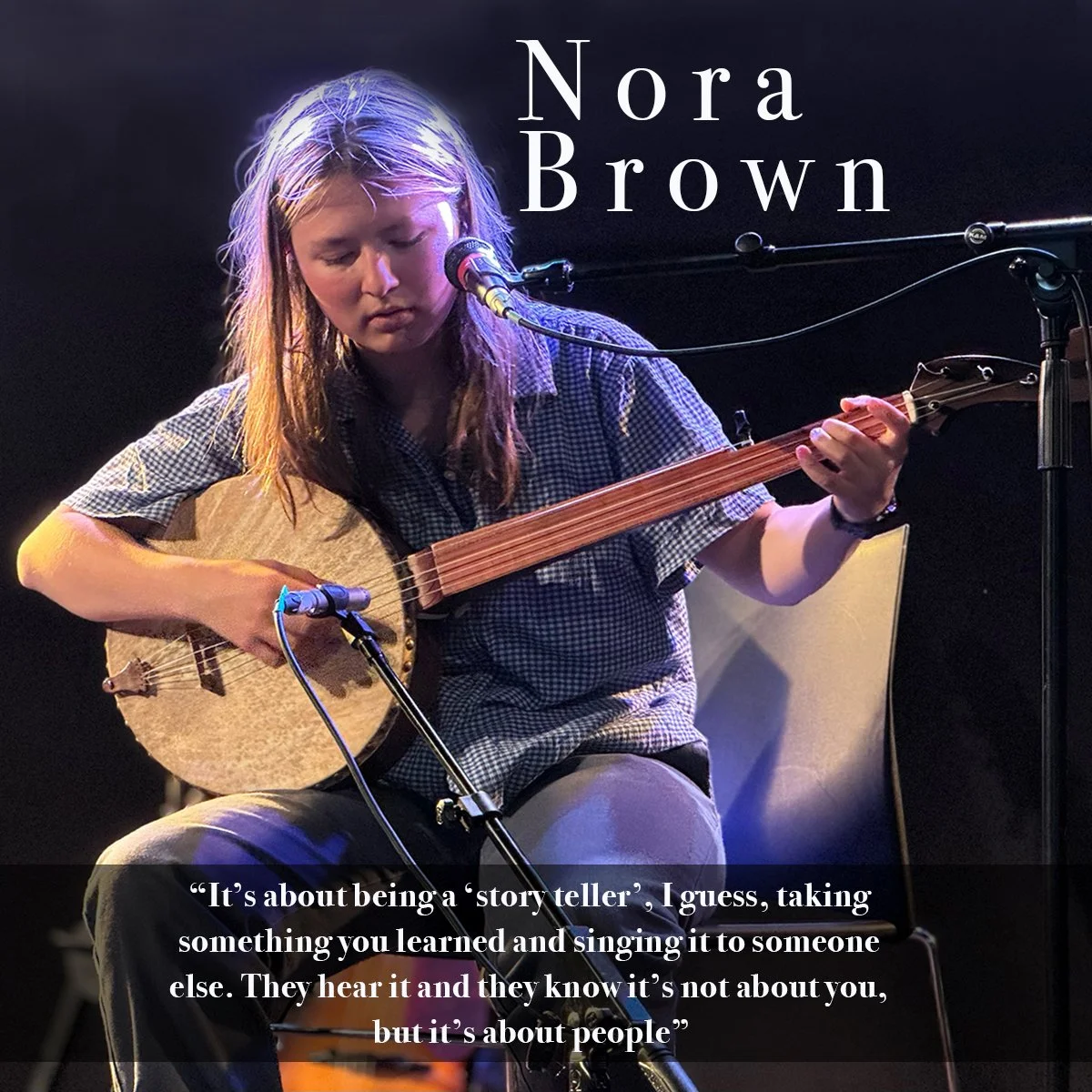Grammy winner and IBMA Fiddle Player of the Year on two occasions, Bronwyn Keith-Hynes’ sophomore album I BUILD A WORLD finds the Charlottesville native taking the lead vocal alongside her stunning fiddle playing. It’s a first for Bronwyn, whose debut album, FIDDLER’S PASTIME from 2020, featured several guests adding their vocals to that record. Household names on the bluegrass circuit, Wes Corbett, Scott Vestal, Jerry Douglas, Dominick Leslie, Bryan Sutton, Jeff Picker and Bronwyn’s husband, Jason Carter, add instrumentation to the new album. Jason also contributes backing vocals, as do Molly Tuttle, Dierks Bentley, Sam Bush, Dudley Connell, Brit Taylor and Darrell Scott. Despite the presence of the bluegrass royalty that lent a hand, the album strays from traditional bluegrass into country on a number of the well-selected songs. Bronwyn follows in the footsteps of her peers Alison Krauss, Molly Tuttle, Billy Strings and Sturgill Simpson in breaking down traditional boundaries. In doing so, she has created a stunning eleven-track album that not only identifies her as a superb vocalist and bandleader but also marks a significant evolution in her musical progression, alongside her parallel career as a member of Molly Tuttle’s band, Golden Highway.
Firstly, congratulations on your recent marriage to Jason Carter. Does having two fiddle players in the house lead to competition or support?
Support for sure, but it does mean that I have not seen him since the honeymoon; he’s been on tour since then.
You have secured the Monday residency at Dee’s Cocktail Lounge in Madison, Nashville. How did that come about?
East Nash Grass started that residency and had been doing it for about six years. At the beginning of this year, they got to the point that they were doing a lot more touring and also playing bigger shows in Nashville. I was asked if I would be willing to do the residency and was super excited to do so; I’ve always loved going to see their shows. With putting out my new record this year, I wanted to play more around town and do my own music, and it is great to have a weekly gig somewhere.
I really enjoyed your show there in September during AmericanaFest week. I recognised Frank Rische from seeing him play with his sister Lillie Mae and Jim Lauderdale numerous times. Who are the other players, and do you rotate band members?
It mostly rotates because everybody has so much going on. Frank has been there every week except for one and has been the steadiest band member. Often, it is Vickie Vaughn, who plays with Della Mae on bass, Wes Corbett on banjo, or Frank Evans, sometimes, and a couple of different mandolin players, Tristan Scroggins, Reed Stutz, and Thomas Cassell. Doing it every week, I also like to rotate it and keep it fresh for everybody.
What drew you musically to the fiddle?
The first traditional fiddle music I played was actually Irish music. All my dad’s side are Irish, my grandparents emigrated to here. I picked up the violin very early and started off with classical music. My classical teacher would then teach me a few random fiddle tunes, which I liked, and when I started really getting into fiddling, my parents got me a fiddle teacher. I ended up going to Ireland a lot for family events, and I’d hear the music there. I did that until I was a late teenager, and when my family moved to Virginia, I began hearing bluegrass music and loving it.
You studied music at Berklee College. Was that a positive experience for you?
For me, it was a really positive experience. I started there in 2009 when they started the American Roots Music Programme, the first year you could officially study that music at Berklee. That year and after that year, the college attracted a lot more kids who played bluegrass and old-time music than before. That was the glory years, I was in school with Sierra Hull, Molly Tuttle, John Mailander, Alex Hargraves, Courtney Hartman, Dominick Leslie, all my Golden Highway bandmates. We would have jam parties where you would learn so much; Sarah Jarosz, who was at school in New England Conservatory just down the street, would come over to your house for your birthday party; it was a crazy time.
You have taken the lead vocalist role on your new album, I BUILT A WORLD, having used guest vocalists on your debut album, FIDDLER’S PASTIME.
Yes, this was the first time that I recorded lead vocals, I had been working on my singing for a couple of years leading up to that. It was definitely scary doing something new like that, but each time I make an album, I learn so much from the process, and by the time I’m done with it, I am a lot more confident. It’s a really good way to learn.
You are essentially the band leader rather than a band member in your parallel career playing with Molly Tuttle’s band, Golden Highway. Has that experience been rewarding?
It’s cool and it’s a different thing than being part of a band. It’s a good way to experience the music; when you are a singer, you experience the song differently than when you are the fiddler. It has taken a while to get used to, and that is where the shows at Dee’s have been coming in handy; it gives me the opportunity to practice that, which is fun.
Your stage performance is also quite animated, which is not always the case with bluegrass performances, though there is also quite a bit of country on I BUILT A WORLD.
I’m definitely influenced by a lot of country music, as well as bluegrass. By playing with Molly Tuttle in Golden Highway for the past couple of years, I’ve become more comfortable moving around on stage, and playing in a plugged-in set-up allows me to move around more. What I like is being able to connect with the other musicians on stage more; you can walk over and jam or trade solos with someone, facing them rather than facing the audience. That feels like a more interactive experience and hopefully more exciting to the audience.
In recent years, artists like Billy Strings, Sturgill Simpson, and Molly Tuttle have been pushing the boundaries of bluegrass and drawing more people into the genre.
Yes, and I do feel that these days, all the genres are blending together in a beautiful way. People like Billy Strings and Molly Tuttle know so much about bluegrass and are bringing other influences into it and connecting to a broader audience. Sturgill Simpson grew up with bluegrass but has been better known as a country artist. He has brought a lot of his fanbase into bluegrass.
This has made the industry take notice, even if they primarily tend to promote more mainstream crossover pop/country.
Once you are mixing it up because you genuinely like the different genres and not just to sell more tickets, I do think the artists that I like are doing it for the right reasons and, by doing so, are connecting with more people. I do think that there is a roots revival happening, and more mainstream people are accepting of roots music, country, and bluegrass as they get more of an opportunity to hear it.
The credits on I BUILT A WORLD are like a ‘who’s who’ of household names in the bluegrass world, with Wes Corbett, Scott Vestal, Dominick Leslie, Bryan Sutton, Jeff Picker and Jerry Douglas all noted together with several others who added harmony vocals. Were you able to get them all into the studio to play together?
It was recorded live for the most part, and all of the musicians were in the studio at the same time. Jerry Douglas came in for a day to play on all the songs he was on, and the other guys were in for three days of song tracking. I get very picky, so I sang rough vocals in the studio, went back and added my vocals afterwards, and redid some fiddle; it gave me more time to hone in on what I wanted to do without other people having to wait around. Once I got to a point with the tracks I liked and my work on them and the core band was good, that was the icing on the cake. I then got to the point that I had to pick out who I wanted to sing harmony with.
You chose Brent Truitt to co-produce the record with you.
Yes. Wes Corbett produced my last album, FIDDLER’S PASTIME, and had a big hand in selecting the material. I co-produced this album with Brent Truitt. I had a good idea of what I wanted for the album, but I also wanted another voice and someone I could bounce ideas off. I selected all the material myself, had a lot of it arranged, and had a clear idea of what I wanted before we came into the studio.
The majority of the songs selected to record are not well known, even if several of the writers are.
Half of the songs on the album had yet to be recorded before, which was what I was looking for, as I wanted the first cuts of a number of the songs. I had been sitting on a couple of the songs for a few years, but the majority came about in the six months leading up to the recordings.
The title track is a Matthew Parsons written song.
It is and hasn’t been recorded before. I heard him sing that song live on the radio when I was driving through Kentucky. I went home and googled the lyrics and whatever else I could remember. I hadn’t heard of him, but I found him. He is a Kentucky singer-songwriter, and I emailed him out of the blue and asked him if he would be okay if I recorded it. He couldn’t understand how I had come across it but was very generous to let me record it.
Why did you select that song as the album’s title?
There are a couple of different ways to read those lyrics. I grew up as a home-schooled hippy-like kid who was pretty independent. That’s what I’m thinking about when I’m singing that song, being a wild kid in the woods, thinking that I’m going to grow my own world. It also could be a metaphor as to how I’ve structured my life; I’ve lived my life outside a lot of convention; I never went to school, did a music degree and have never had a job outside music, and I’ve had to figure that out and make it work.
Jamie Hartford, son of John Hartford, wrote Can’t Live Without Love, which is a standout song for me.
My husband, Jason Carter, has been friends with Jamie since the 1990s when Jamie had a residency in Downtown Nashville. He had a country band that would play all his original songs Downtown. Jason really liked that song, and when I was fishing around for material, he brought it up. It had originally been recorded by Jamie with a rock band and hadn’t been done in bluegrass, as it’s from a different genre.
The Peter Rowan written Angel Island could relate to any decade.
I knew that song for a long time. My grandparents being immigrants had me interested in immigration stories, and this song just seemed very interesting and particularly compelling.
I must also congratulate you on the album’s artwork.
Thank You. I put a lot of work into the music, and I wanted the presentation of the music to match that. The photographer was Alexa King Stone. I found her on Instagram and love her work. We did a two-hour photoshoot on a farm outside Nashville.
Is the album available on vinyl as well as CD and download formats?
I do have vinyl out now. I did my first pressing on blue translucent vinyl, which is just about sold out. I’m trying to figure out the next pressing, which might be a light translucent pink with blue starburst.
Having now added vocals to your skillset, will you consider songwriting going forward?
That is the next step that I want to focus on. I have a few months off from touring at the beginning of 2025, and I’d like to get a bit more serious about songwriting and see if I can write the next record.
You’re back on the road next year after a few months at home.
Yes. Next year is going to be busy. I’ll be on the road with Golden Highway and doing my own touring. There will be no free weekends.
Interview by Declan Culliton





















